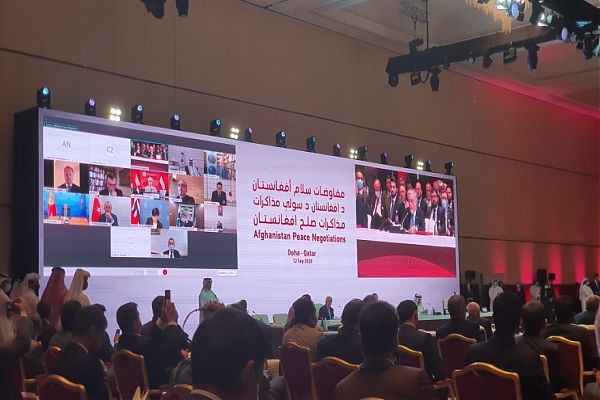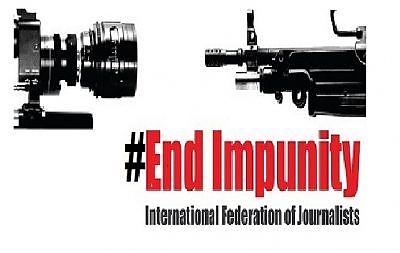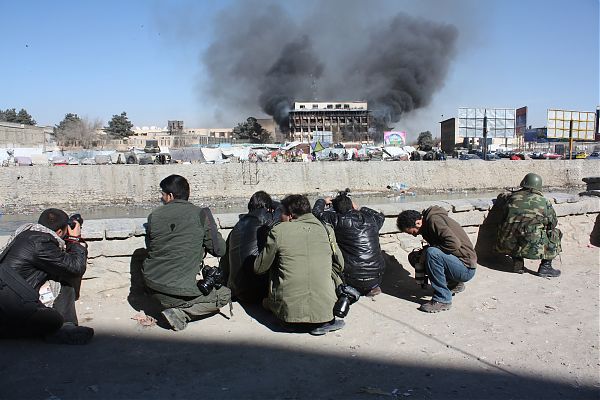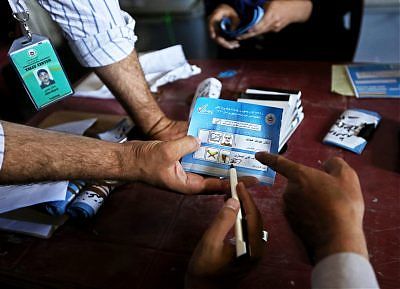Written By: Najib Sharifi, Afghan Journalists Safety Committee (AJSC) Director
As many other countries, Social Media has revolutionized the information landscape of Afghanistan. A country, which has historically suffered from lack of proper and easy means of sharing of information, social media has emerged as a significant platform in highlighting and sharing of information about breaking news as well as social and political events. It also continues to play an essential role along with mainstream media in raising awareness of the public about national and international issues.
Of paramount importance is Social Media’s momentous role during Afghanistan’s 2014 presidential and provincial council elections. The pervasive activity of Social Media users during the elections proved that the platform has created the ground for the expansion of the robust engagement of Afghan citizens in national events. It also proved that Social Media has become an important source in setting agenda for the mainstream media as extensive discussion of issues on social media prompts mainstream media include the matter in its coverage.
In Afghanistan, youth make the bulk of the social media users. According to Nasrat Rahimi, Telecommunication Ministry’s spokesperson, there are more than two million individuals who have access to Internet and 1.3 million individuals use social media. He adds that the country has 800,000 Facebook accounts and 600,000 use Facebook on regular basis. He also says, Afghan youth make the bulk of the users and Facebook, Twitter and Youtube are the ones used the most.
Most of the social media users live in big cities where access to the Internet is easier and the majority of these users are young people under the age of 25.
In addition to sharing information, social media has created the hub for debating important national and international matters and more importantly nurturing the spirit of nationalism and patriotism. Social media users’ extensive employment of the platform in the elections played a crucial role in creating enthusiasm about elections and encouraging the public to vote. They most often attributed participation in the elections to fulfilling the national responsibility of the citizens towards peace, progress, and positive change.
Most of the users used the platform to mobilize support for their favorite candidates by promoting their platforms and electoral activities. Some used the photo of their favorite as their profile picture. Others would put together photos of the prominent candidates and used the technique to gauge reaction of the public about different candidates.
Presidential and provincial council candidates also used social media as an important tool for their campaigns. Since the election law does not bar candidates from promotional activities on Social media prior to the set campaign period, which is for two months, many candidates began promoting themselves and their electoral platforms many months before the actual campaign duration. This was a more important tool for provincial council candidates, as some of them did not have sufficient funds to launch large-scale campaigns on mainstream media. Instead they hired young adults to begin and maintain a robust campaign on social media.
The extensive usage of social media was an important factor in increasing turn out of the public in the elections. A week before elections, most of the users posted their photos with their voting cards in their hands as an expression of defiance to the massive terror campaign of the Taliban, which aimed to frighten the public to not take part in the process. One of the users posted on Facebook, “terrorists cannot stop us from voting. I am going to vote in the elections for Afghanistan and to oppose the enemies of the country. I also want all other eligible voters to take part in the process”.
Afghan voters also used the platform on large scale during the Election Day to encourage others to vote and also demonstrate the proceedings of the event in various parts of the country. More importantly they used it to highlight irregularities and fraud during elections. Many of the users used their cell phones to interview people or capture an interesting scene from the process so that they can attract attention of others, including respective government and election officials. Their widespread hands on involvement in the day of elections provided clue to the mainstream media about irregularities and issues in various parts of the country. This created a very effective monitoring mechanism over election fraud.
Social Media has also helped the mainstream media in learning about breaking news, notice newsworthy social and political issues. On the other hand, the mainstream media also extensively use social media for the promotion of their programs. They mostly advertise the important programs on Facebook prior to its broadcast.
At the same time, some used Social Media for the purpose of inciting hatred and false propaganda about certain candidates. However, the scale of such activities was on low scale and others most often instantly confronted them as spreading disinformation.
As Afghanistan is going through social transformation, Social Media will continue to play a prominent role in expanding awareness of the public, increasing their engagement in civic activities and heightening the spirit of responsible citizenship.






